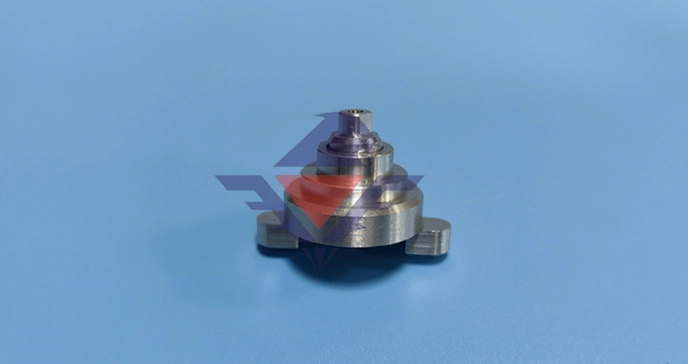
# Precision Swiss Screw Machining for Complex Components
## What is Swiss Screw Machining?
Swiss screw machining, also known as Swiss turning or Swiss-style lathe machining, is a specialized manufacturing process that excels at producing small, complex, and high-precision components. Originating from Switzerland’s watchmaking industry, this technology has evolved to serve various industries requiring tight tolerances and intricate part geometries.
## Key Advantages of Swiss Screw Machining
The Swiss screw machining process offers several distinct benefits for manufacturing complex components:
Keyword: Swiss Screw Machining
– Exceptional precision with tolerances as tight as ±0.0001 inches
– Ability to machine long, slender parts with minimal deflection
– Simultaneous multi-axis machining capabilities
– Reduced material waste compared to conventional machining
– Excellent surface finishes without secondary operations
## Industries That Benefit from Swiss Machining
Several industries rely on Swiss screw machining for their critical components:
### Medical Device Manufacturing
The medical industry requires extremely precise components for surgical instruments, implants, and diagnostic equipment. Swiss machining delivers the necessary accuracy and surface finishes for these life-saving devices.
### Aerospace and Defense
Aircraft and defense systems demand components that can withstand extreme conditions while maintaining precise specifications. Swiss machining produces reliable parts for these critical applications.
### Electronics and Microtechnology
As electronic devices continue to shrink, Swiss machining provides the capability to produce tiny, complex components with the required precision for connectors, sensors, and other microelectronic parts.
## The Swiss Machining Process Explained
Swiss screw machining differs from conventional turning in several key aspects:
1. The guide bushing supports the workpiece close to the cutting tool, minimizing deflection
2. Multiple tools can operate simultaneously on different axes
3. The machine can perform turning, milling, drilling, and threading in one setup
4. Bar feeders allow for continuous production with minimal operator intervention
## Material Capabilities
Swiss screw machines can work with a wide variety of materials, including:
– Stainless steels
– Titanium alloys
– Brass and copper alloys
– Aluminum
– Plastics
– Exotic metals like Inconel and Hastelloy
## Choosing the Right Swiss Machining Partner
When selecting a Swiss machining provider for your complex components, consider these factors:
– Experience with similar parts and materials
– Quality certifications (ISO, AS9100, etc.)
– Inspection capabilities (CMM, optical comparators, etc.)
– Prototyping and production volume flexibility
– Technical support and engineering expertise
## Future of Swiss Screw Machining
As manufacturing demands continue to evolve, Swiss screw machining technology is advancing with:
– Increased automation and Industry 4.0 integration
– Improved multi-tasking capabilities
– Enhanced precision through advanced control systems
– Expanded material compatibility
– Faster setup and changeover times
For complex, high-precision components, Swiss screw machining remains one of the most reliable and efficient manufacturing solutions available today.